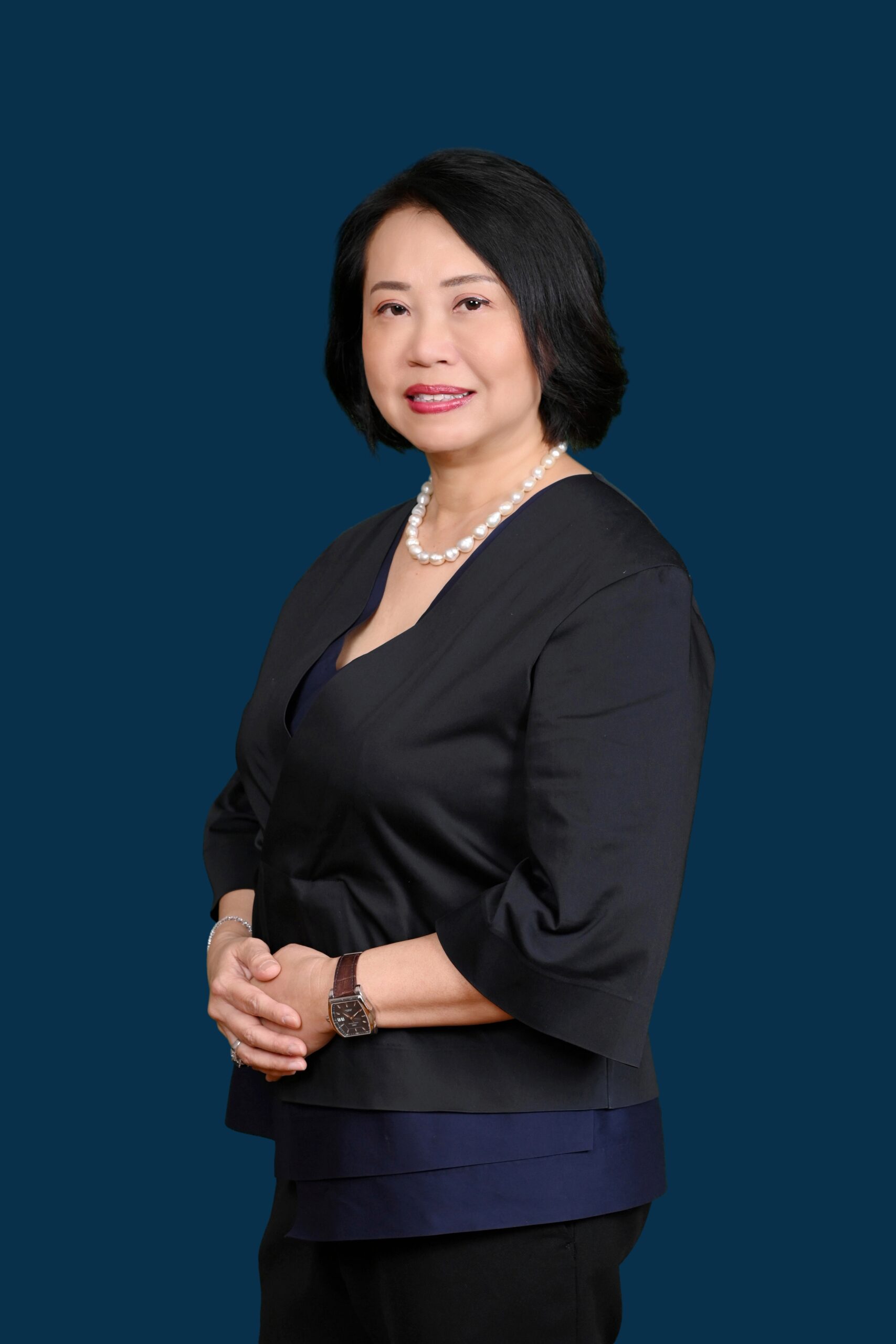In this Maritime Knowledge Shipping Session, we are pleased to have two specialists in the fields of ship classification and marine claims to share their expertise on the topic, Importance of Class on Marine Insurance & Claims. Through the presentations by the two distinguished speakers, participants can expect to gain a well-rounded understanding of the topic.
1. Mr. Anuj Singh, Client Support Manager, Lloyd’s Register Asia
Anuj Singh is a Client Support Manager with Lloyd’s Register Asia’s Singapore office. Anuj started his shipping industry career as a sea-going marine engineer, and was in that role for about 10 years before switching to a shore-based job as a surveyor with a classification society. His current portfolio involves him providing technical support to clients, and advising them on their enquiries and issues. He also advises clients on upcoming regulations from the International Maritime Organisation (IMO), and the necessary compliance with Class rules. Anuj is also an active field surveyor, ISM/ISPS auditor and ILO Inspector. He has experience in the survey and audit of all types of ships, as well as those involving Hull/Machinery damage and repairs.
SYNOPSIS: ROLE AND RESPONSIBILITIES OF CLASSIFICATION SOCIETIES
Classification societies play an important role in marine insurance, be it for underwriting or claims purposes. Participants can expect to learn more about the areas which classification societies cover (and do not cover), and the parties which they act on behalf for. The talk would cover key areas like how ships are classed, what the various class annotations refer to, the requirements which ships are subject to within the five-year validity of certification issued, and the link between classification societies and port state control agreements like the Paris and Tokyo MOUs. A scenario involving an incident at sea will also be used as a case study to shed more light on when classification societies act, what happens when they do, and how their report impacts on the ship’s voyage with ensuing implications for marine insurance.
2. Mr. Christian Ott, Vice President, Head of Claims, Skuld P&I Club Singapore Branch Office
Christian Ott is the Vice President, Head of Claims for the Skuld P&I Club Singapore Branch Office. By profession he is a Solicitor, having practised in London and Hong Kong. The Skuld Singapore Claims Team provides legal, arbitration and claims handling support for Members and Assureds that are located from India to Japan. They also provide claims support for their Re-insurance Partners at Mitsui Sumitomo Insurance. As part of his role, Christian is the Casualty Response Coordinator for any ship entered with the Singapore Branch Office. Additionally, he is the Global Leader of Skuld’s Loss Prevention Team. Previously, he worked for nine years in Hong Kong, with Skuld P&I and Law Firm Clyde & Co. He obtained his professional qualification as a Solicitor with Law Firm Holmes Hardingham in London. High profile cases include the MV Ocean Victory grounding, the collision between MV Xin Tai Hai and MV B Oceania, as well as the Bankruptcy litigation between Armada Singapore and Transfield. Skuld is a multi-line Marine Insurance provider, including the provision of P&I and Hull insurance for tonnage across the shipping spectrum, including Tankers, Gas Carriers, Bulkers, Container Ships, Ro-Ros, General Cargo Vessels, Heavy Lift Vessels, Offshore Vessels & Rigs as well as Cruise Ships.
SYNOPSIS: IMPORTANCE OF CLASS IN MARINE INSURANCE, CLAIMS AND LEGAL LIABILITIES
The system of Class is, like many aspects of Shipping, something quite unique and traditional with a long history, just as Hull and Marine Insurance. While both Insurers and Class have developed their products, services and experience over time, they are still – essentially – providing the same key service to the Maritime Industry that they have always done. With the rise, however, of the modern era of ultra-sized casualties and liabilities, the role of Class, and its relationship with Marine Insurance, Claims and the potential legal liabilities for both Class and Insurers, is one that has come under increasing scrutiny and legal test. In the following presentation, an overview will be provided of the role of class with respect to Marine Insurance for Hull and P&I. Furthermore there will be an investigation into how Class has become a more visible player in marine casualties and ultimately a more frequent target of liability claims with respect to the classification of vessels that subsequently suffered significant incidents. The presentation will include a review of some of the aspects of the MV Prestige and MV Erika casualties, and subsequent litigation involving Class.





